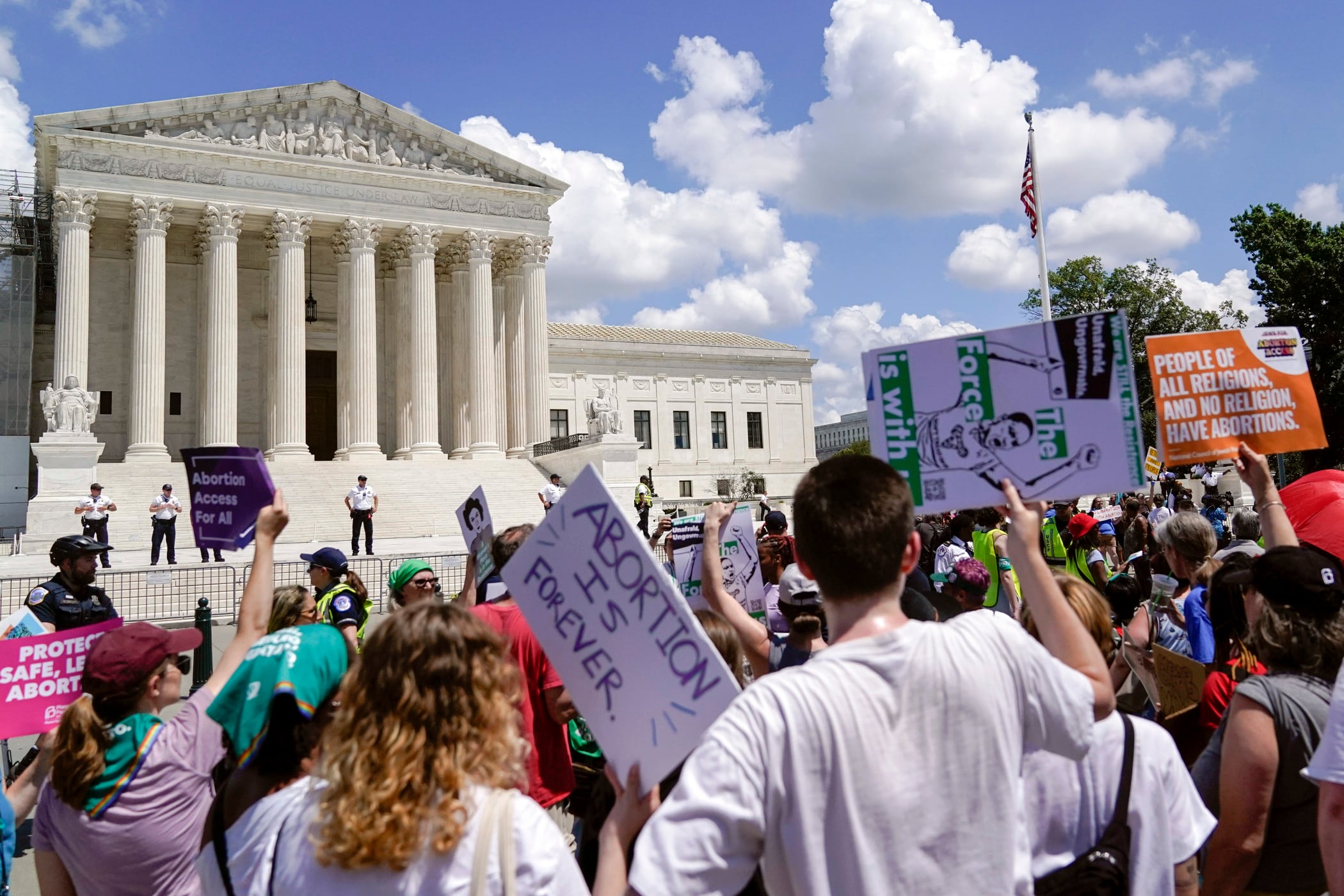A new study of suicide attempts by Army soldiers finds those most at risk are troops who never deployed as well as those in their second month of military service.
The research, published Wednesday in JAMA Psychiatry, confirms what Defense Department data have shown during over the past five years:, that more than half the troops who attempt suicide are young, relatively new to military service and have never deployed.
According to the study, those who deployed were at highest risk for suicide attempts in the sixth month of a first deployment, and also five months after returning home from any deployment.
Researcher Dr. Robert Ursano, who chairs the psychiatry department at the Uniformed Services University of the Health Sciences, said the results indicate that the risk is associated with transition.
"The 'never deployed' group is highly weighted by people in their first years of service. We are talking about the stresses of early career, when they have finished basic training and are beginning preparations for deployment," Ursano said.
The researchers examined the medical records of more than 163,000 enlisted service members, including 9,650 who attempted suicide.
Nearly 70 percent of the personnel who tried suicide were younger than age 30 and slightly more than half were married. Sixty-one percent of the attempts were by soldiers who had never deployed.
"Deployment is not the only part of the story. It's an important part but not the only part," Ursano said.
Ursano said the researchers wanted to examine suicide attempts to understand the factors that contribute to suicide and uncover information to improve prevention programs.
He said suicide attempts and other factors, including a diagnosis of a mental health condition, or job or life stressors, all raise the risk of a person dying by suicide.
"Part of our goal is to understand the who, when and where of suicide risk and then we can better develop interventions," Ursano said.
For the past three years, suicides among all active duty personnel have remained steady, down to 266 in 2015 from a peak of 321 in 2012. Still, the suicide rate across the armed forces is nearly double it was before Sept. 11, 2001.
The study did not examine the reasons behind the attempts. Ursano said that research is for future investigation as part of the Army Study to Assess Risk and Resilience in Servicemembers.
But it did find that soldiers with at least one deployment had a higher risk of attempt if they had screened positive for depression or post-traumatic stress on post-deployment questionnaires.
"It is a good screening program and adds to our ability to predict risk," Ursano said.
The researchers said historically, suicide attempts don't get as much scrutiny as suicide and added that the findings "highlight the importance of life and career history" in determining risk.
Patricia Kime covers military health care and medicine for Military Times. She can be reached at pkime@militarytimes.com
Patricia Kime is a senior writer covering military and veterans health care, medicine and personnel issues.





